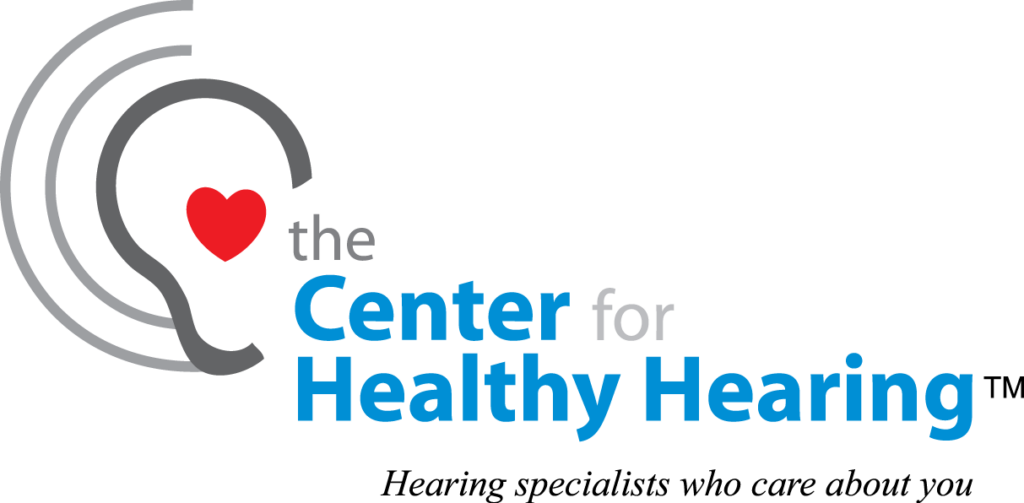The Benefits of Treating Hearing Loss
Treating hearing loss offers countless benefits that transform your daily life. If left untreated, many consequences can impact all aspects of one’s life, including relationships, communication, social engagement, and overall health and wellness.
Fortunately, identifying and treating hearing loss can bring significant benefits!
Improved Communication
The most common treatment for hearing loss is hearing aids. These are highly advanced electronic devices that are designed to absorb, amplify, and process sound. This provides profound support, maximizing hearing capacity across all environments.
Wearing hearing aids alleviates common hearing loss symptoms like tinnitus (buzzing or ringing like noise in the ears), sounds being slurred or muffled, words blending together, difficulty hearing in settings with background noise, etc. Being able to better hear and understand sound allows people to participate in conversations with greater ease and presence. People have a greater capacity to communicate their thoughts as well as follow what others are saying without having to frequently ask for things to be repeated, move to a quieter space, or even pretend to hear to get by. This profoundly strengthens communication which is a key way we navigate daily life.

Strengthened Relationships
Untreated hearing loss not only impacts you but also the people around you. Hearing loss symptoms make conversations difficult to engage in and while you are straining yourself to hear, others can mistake this for you not listening or paying attention to what is being said. Loved ones often report feeling ignored and unheard which can lead to frustration, resentment, and distance in relationships. Treating hearing loss strengthens communication, the foundation for nurturing and sustaining healthy relationships. Wearing hearing aids allow people to spend quality time with others without the stress and anxiety of hearing loss symptoms. People can better hear quiet jokes, be in on little moments, and share the intimacy that conversations produce. This brings about closeness and lightens up the time that people can share.
Enriched Social Life
One major effect of untreated hearing loss is social withdrawal. Conversations can require excessive work and result in frustrating interactions so people often retreat, avoiding social interaction altogether. This means spending less time with others, skipping out on gatherings, and not participating in social activities, all of which impact relationships as well as mental health.
Hearing loss treatment drastically improves hearing and capacity to engage with others. This encourages social engagement and enables people to move through social spaces and conversations smoothly and with greater presence.
Strengthened Brain Health
There is a correlation between hearing loss and cognitive decline. Research shows that untreated hearing loss can increase the risk of experiencing cognitive decline and developing conditions like Alzheimer’s (the most common form of dementia). Studies show that hearing aids can strengthen cognitive functions, improving brain health. Hearing aids provide the auditory system - the sensory system for hearing that involves the ears and brain which work together to process and understand sound - with ample support. This strengthens the auditory centers in the brain as well as cognitive functions related to memory, decision making, learning, and communicating.

Improved Self-Esteem & Confidence
Being able to have easy conversations, participate fully in activities, and move through daily life without the presence of hearing loss symptoms boosts confidence and a sense of independence. People do not have to rely on others to speak slower, louder, or have to consistently ask to make other adjustments. Hearing aids are simple to use and offer support that increases spatial awareness and comfort in public and private spaces. Additionally, improved relationships and a thriving social life also deeply contribute to general happiness and wholeness.

Improved Overall Health
Treating hearing loss reduces the risk of developing other health conditions that are related to it. This includes cognitive decline, accidental injuries, and depression. Hearing aids increase cognitive capacity, spatial awareness, and improve mental health by providing the auditory system with critical support needed to process and understand speech as well as sound.
Treating hearing loss reduces the risk of developing other health conditions that are related to it. This includes cognitive decline, accidental injuries, and depression. Hearing aids increase cognitive capacity, spatial awareness, and improve mental health by providing the auditory system with critical support needed to process and understand speech as well as sound.
